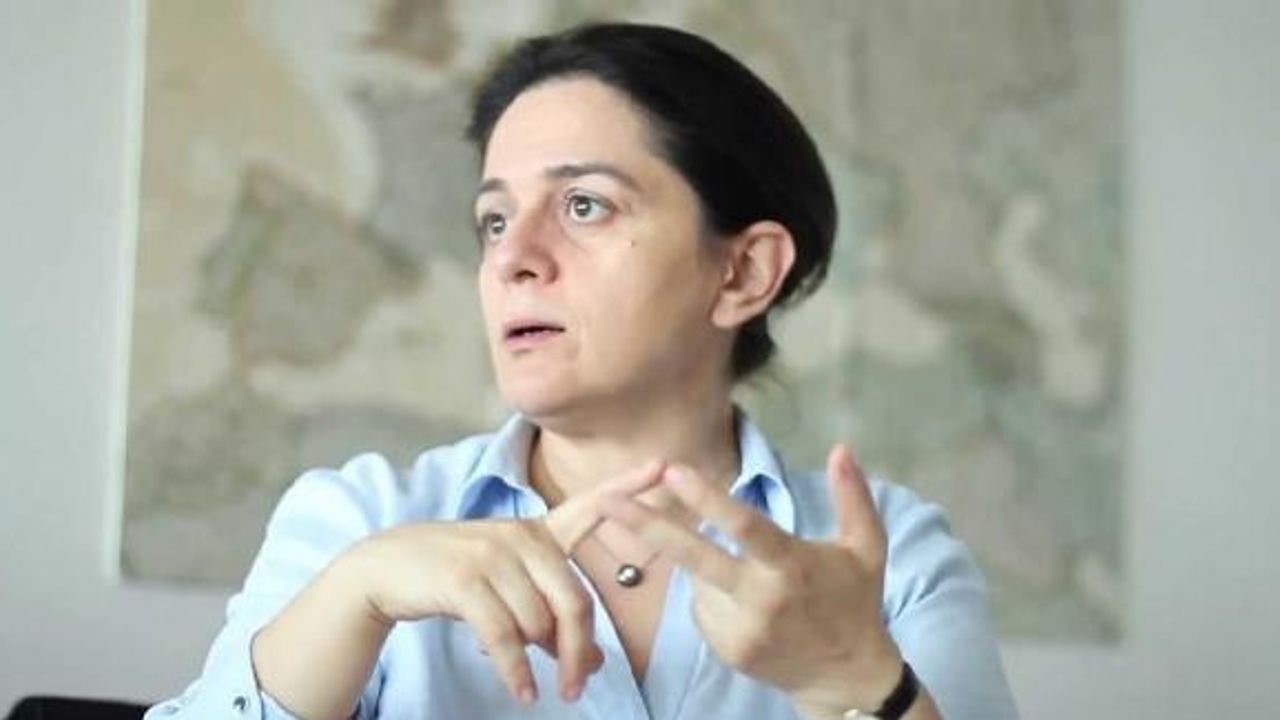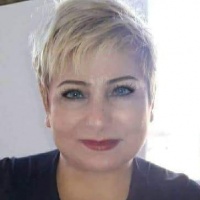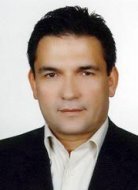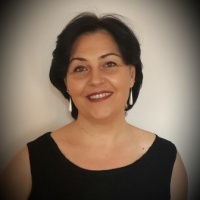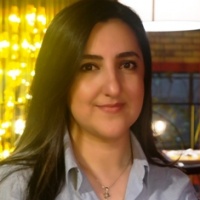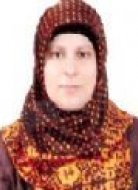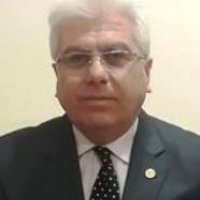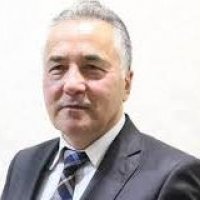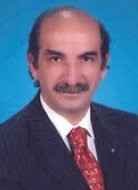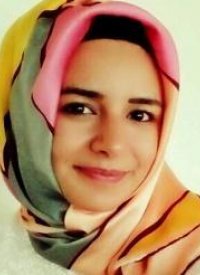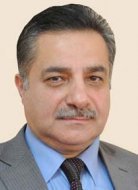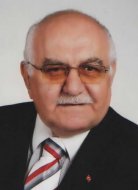Öykü Altuntaş / İstanbul, Jan 25 () – Children’s status as individuals and right owners should be recognized amid ongoing armed conflicts in eastern and southeastern provinces of Turkey and they should be protected in particular, said founder of Humanist Bureau Lawyer Seda Akço.
“The child-state relationship is different” said Akço who is working on children’s rights, adding that the United Nations Convention on the Rights of the Child (UNCRC) imposed signer states and societies, as well as the international community “to protect the value of childhood and children”.
Lawyer Akço urged that children have been considered “victims” of the conflict atmosphere and were “objectified” as a result. According to Akço, liabilities of the UN treaty and special rights stemming from child’s status have not been recognized in Turkey:
“Children and childhood have been under a full scale attack. This scares me.”
Humanist Bureau, co-founded by Seda Akço, has released a report entitled “Situation of Children Affected by Armed Conflicts” where responsibilities of Turkey arising from the UNCRC Article 38 and Optional Protocol to the Convention on the Rights of the Child on the Involvement of Children in Armed Conflict were reiterated. This article imposes the “liability of all States Parties to protect children within international humanitarian law and meet all basic needs” said the report.
Tisdall: Frequently children affected by armed conflict the most
Professor of Childhood Policy, Kay Tisdall from the University of Edinburgh working on children's rights and legislation, explained Dogan News Agency the crucial Article 38 of the UNCRC as follows:
"When adults go to war, it is frequently children who are the worst affected by it. The United Nations Convention on the Rights of the Child requires all States Parties to ensure the protection and care of children affected by an armed conflict (Article 38 (4)). This applies to all children up the age of 18, whatever their role in the hostilities and without discrimination.”
“The CRC is the most ratified of the human rights treaty and we have an international and local obligation to meet its requirements to uphold children's human rights in war and armed conflict" Tisdall added.
According to the Humanist Bureau report, clashes have been resumed in areas where civilians reside, thus a significant number of children have been killed, injured, while many others have lost their body organs. Meanwhile, "children witness their parents’, siblings’ and relatives’ death and sometimes have to live in the same place with their deceased bodies for some time” said the report.
Children in curfew areas “have to survive for days without access to basic needs, including food and clean water and face difficulties in accessing primary health care" although they struggle with mental and physical illnesses, according to the report.
The report also underlined that in the second half of 2015, at least 58 children were reported dead, while 56 others were reported injured. “Children’s rights to live, education and health should be protected” it added.
Children should be excluded from the clashes in areas where security operations are conducted with respect to UN Optional Protocol to the Convention on the Rights of the Child on the Involvement of Children in Armed Conflict, according to Seda Akço.
“Article 38 (3) includes liabilities of parties to avoid recruiting children to armed forces, as they should not take a direct part in hostilities” Akço added. “Also, states and organizations should not consider children as warring factions and intervene by punishing them or taking them captive, even if those children have already joined somehow. They should be treated as children” she said.
How can children be protected from the clash environment dominating their life spaces, then?
UN Committee on the Rights of the Child suggests “opening a safe corridor to evacuate children from the area, after having taken the consent of their families” and “launching a corridor to ease humanitarian aid’s access to these children” reiterated Seda Akço.
“Accordingly, it is the state’s responsibility to assure children’s access to basic needs such as food, medical treatment and education. The state should also prevent attacks over schools and hospitals within laws” she added.
Treaty-linked liabilities should be reminded to states parties in a bid to create a cooperative platform where potential concrete solutions, mechanisms against violations of rights and problems regarding services could be discussed, Akço urged.
She called on top bodies including the UN, UN Committee on the Rights of the Child and UN Children's Fund (UNICEF) as well as the international community to explain steps to be taken, also actions to me made if obligations are not met to signee states.
“Legal proceedings will not stop child killings either”
According to Akço, although the European Court of Human Rights is the body to evaluate the UN Committee’s report on States Parties, legal proceedings will not stop child killings either.
“As the condition of conflict continues, an environment of cooperation to discuss liabilities and potential solutions should be created, before accounting for these violations” urged Akço.
“Children’s demands and opinions should be recognized as they are individuals and subjects who are living in these regions themselves” she told, underlining the importance of their will in these conditions.
“Behavioral disorder and tendency to crime are common effects”
“This is a threat expanding timewise. War and armed conflicts have renowned effects including post-traumatic stress disorders, behavioral disorder and tendency to commit crimes” Akço said, underlining children who reside outside the curfew or conflict areas, children of parents who are on duty and many others across Turkey witnessing the case especially through television.
“Children are not a side of this fight. All sides are obliged to protect legal status of child” she said.
On the other hand, “the liability of the state is greater because children can only make concrete and legal requests from the state, to which they are lied as citizens" according to Lawyer Akço.
From “1990’s outcome” to “2015’s aftermath”
Seda Akço urged that all sides should foresee and prevent potential damages on children including omissions as well as emotional, physical and sexual abuse, over states of wars, natural disasters and social and individual crisis situations.
“Even after children’s lives normalize, risks including exploitation of child labor and drop outs in schools should be prevented; children should not start living on streets” she noted:
“We currently say ‘These are results of what has happened during 1990’s’. In ten years, we will speak of childhood problems, under the title of ‘results of 2015’. And all these things are issues that we can predict and prevent.”
(Photo)
